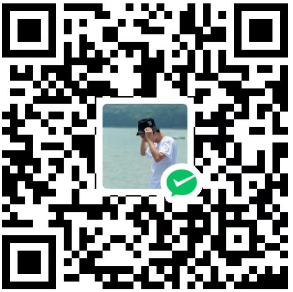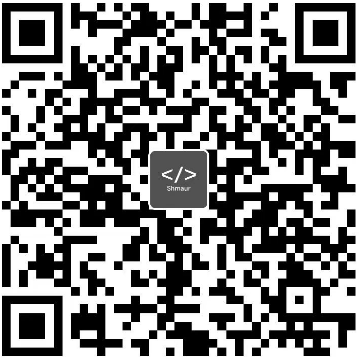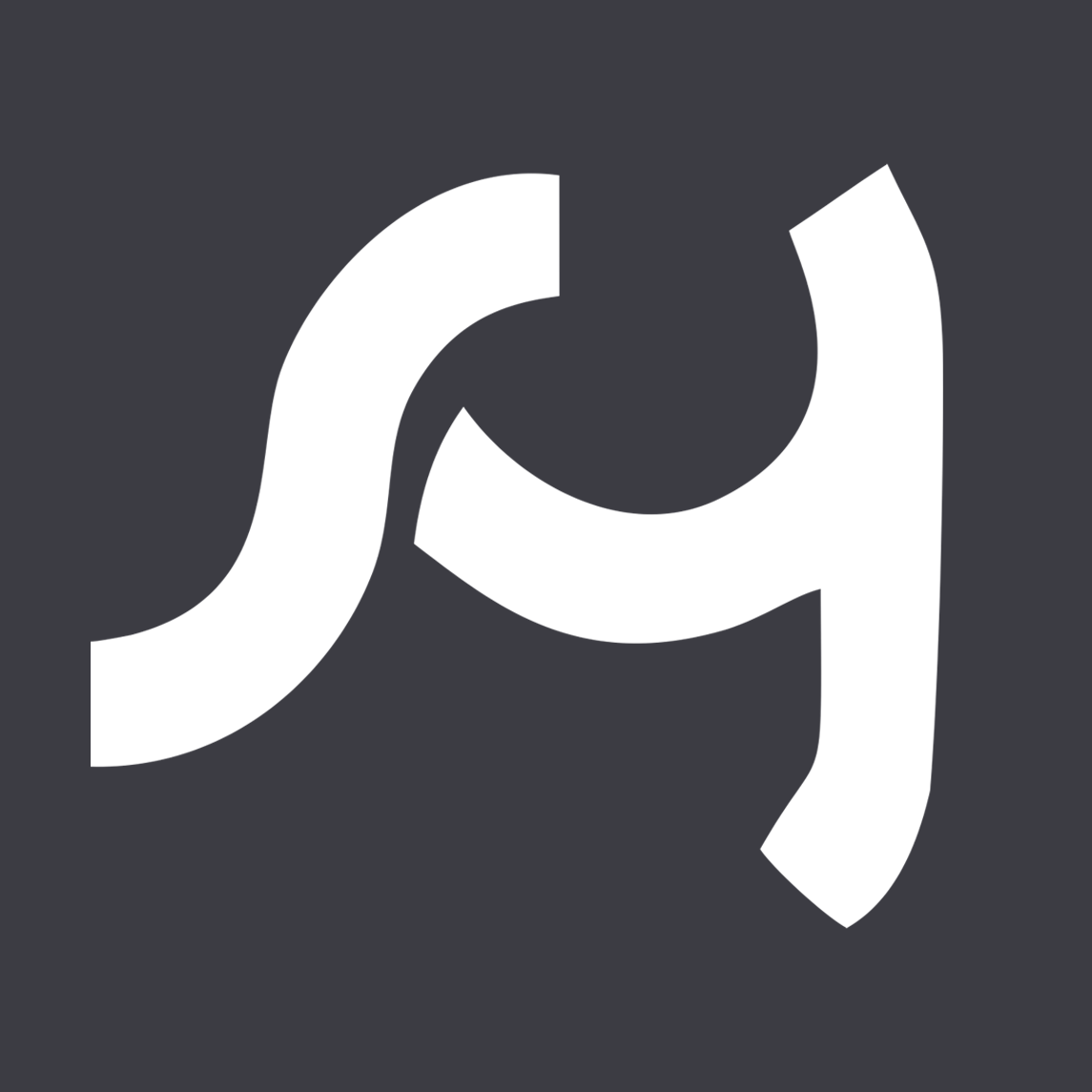本指南将引导您完成在Trilium中创建基本控件。通过执行这些步骤,您将学习如何构建与用户交互的简单 UI 元素。
第 1 步:基本小部件结构
首先,我们将尽可能创建最基本的小部件。这是一个简单的例子:
class MyWidget extends api.BasicWidget {
get position() { return 1; }
get parentWidget() { return "left-pane"; }
doRender() {
this.$widget = $("");
return this.$widget;
}
}
module.exports = new MyWidget();
要实现此小部件,请执行以下作:
要验证小部件是否正常工作,请打开开发人员工具 ( + + ) 并运行 。如果找到该元素,则小部件正常运行。如果返回,请仔细检查笔记是否具有属性。CmdShiftIdocument.querySelector("#my-widget")undefined#widget
第 2 步:添加 UI 元素
接下来,让我们通过添加一个按钮来改进小部件。
const template = ``;
class MyWidget extends api.BasicWidget {
get position() {return 1;}
get parentWidget() {return "left-pane"}
doRender() {
this.$widget = $(template);
return this.$widget;
}
}
module.exports = new MyWidget();
进行此更改后,重新加载 Trilium。您现在应该在左窗格的左上角看到一个按钮。
第 3 步:设置控件样式
为了使按钮更具视觉吸引力并正确定位,我们将应用一些自定义样式。Trilium 包含 Box Icons,我们将使用它将按钮文本替换为图标。例如图标。bx bxs-magic-wand
这是更新后的模板:
const template = ``;接下来,我们将使用 CSS 调整按钮的位置:
class MyWidget extends api.BasicWidget {
get position() { return 1; }
get parentWidget() { return "left-pane"; }
doRender() {
this.$widget = $(template);
this.cssBlock(`#my-widget {
position: absolute;
bottom: 40px;
left: 60px;
z-index: 1;
}`);
return this.$widget;
}
}
module.exports = new MyWidget();
重新加载 Trilium 后,该按钮现在应该出现在左侧窗格的左下角,与其他作按钮一起出现。
第 4 步:添加用户交互
让我们通过在单击按钮时显示消息来使按钮具有交互性。我们将使用脚本 API 中的方法。api.showMessage
class MyWidget extends api.BasicWidget {
get position() { return 1; }
get parentWidget() { return "left-pane"; }
doRender() {
this.$widget = $(template);
this.cssBlock(`#my-widget {
position: absolute;
bottom: 40px;
left: 60px;
z-index: 1;
}`);
this.$widget.find("button").on("click", () => api.showMessage("Hello World!"));
return this.$widget;
}
}
module.exports = new MyWidget();
最后一次重新加载应用程序。当您单击该按钮时,应该会出现一条“Hello World!”消息,确认您的小部件功能齐全。



